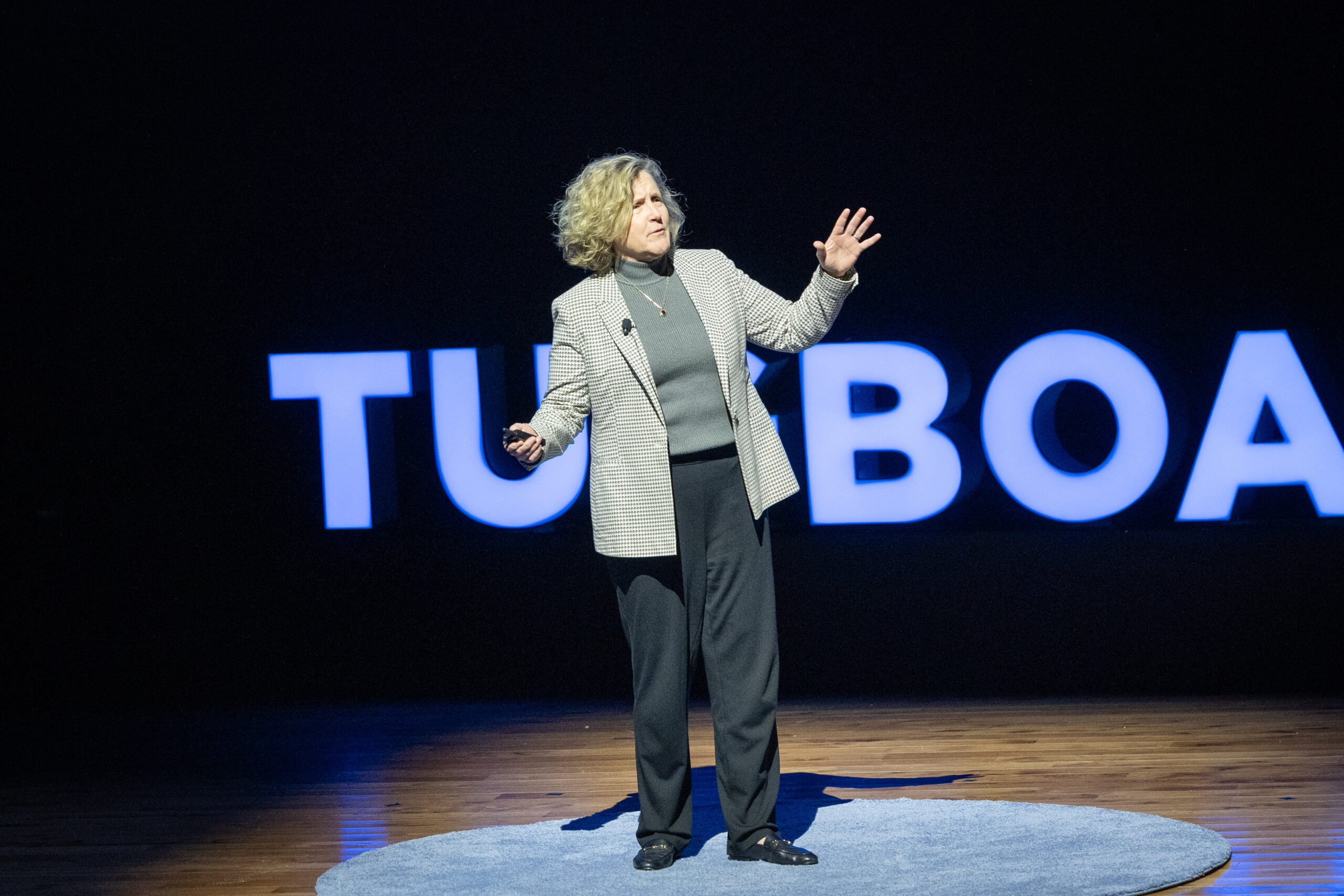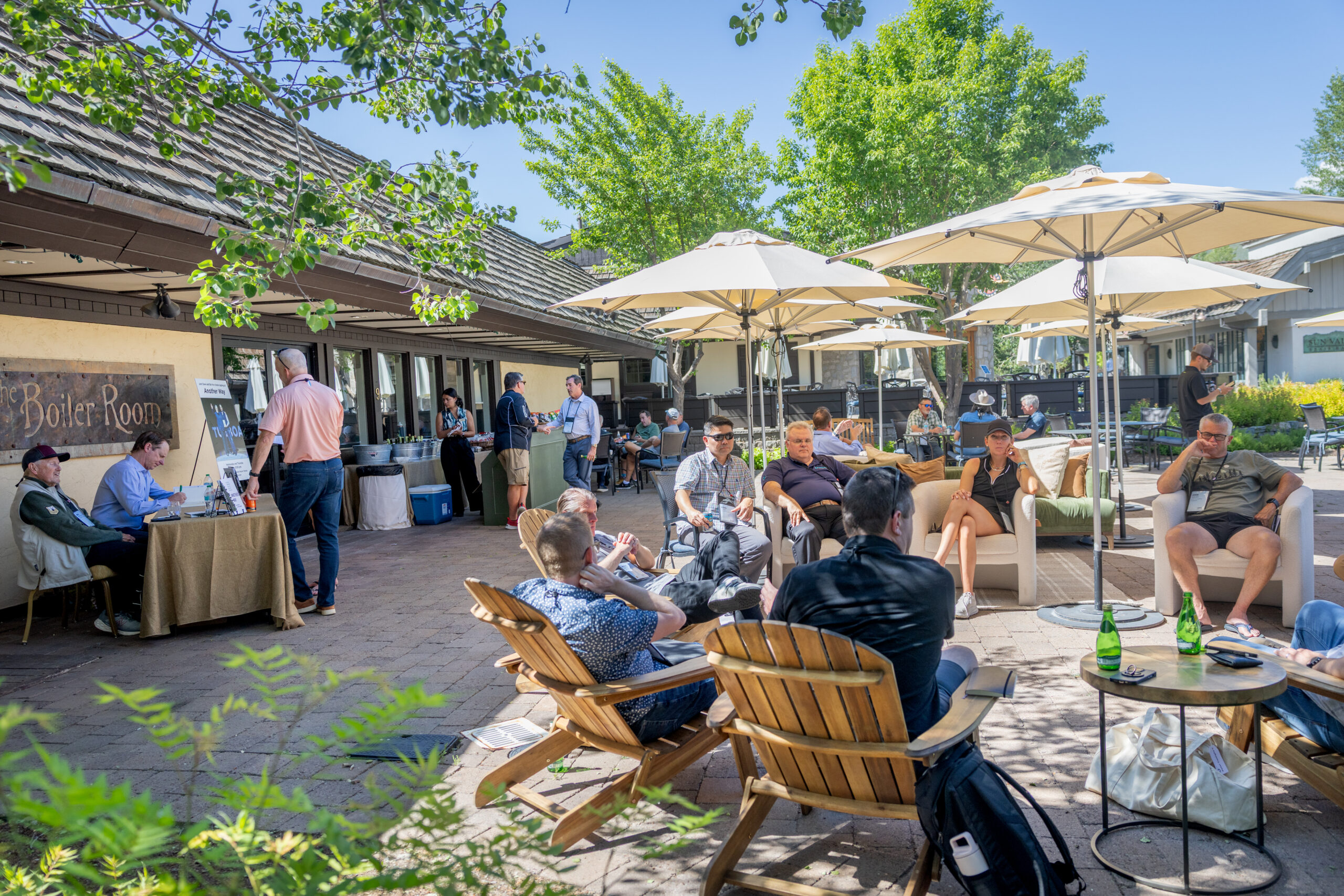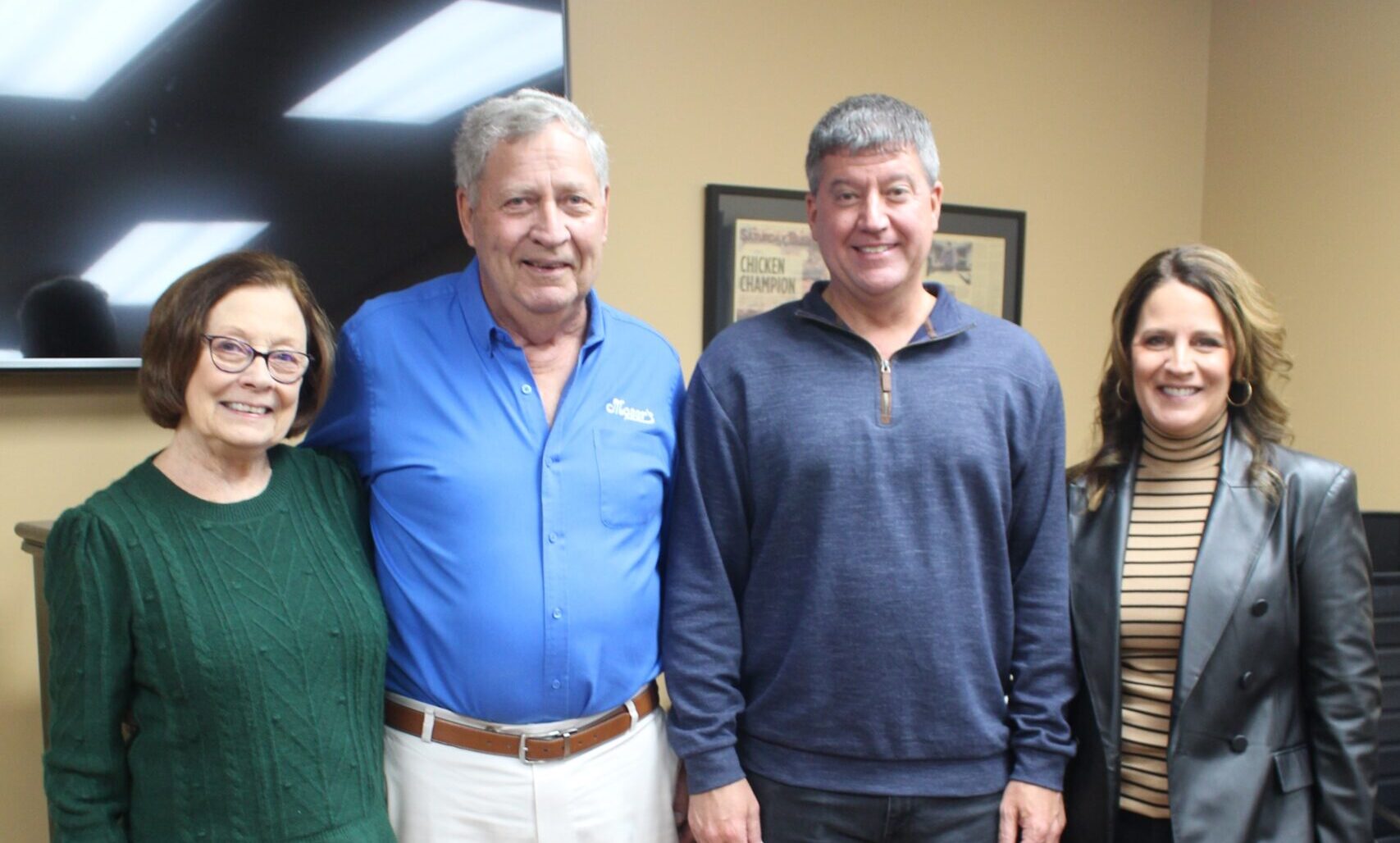

Lead with Kindness and Optimize Rather Than Maximize Profits
- Ganesh Iyer
- Etnyre International
I spent my career working for a large, multi-national, public company, until very recently. It was a very positive experience and shaped me into the person and leader I am today. Five years ago, driven by a desire to lead and grow a smaller, private business by focusing on people, I left this large company and became CEO of Etnyre International, a smaller, private, family-owned, American company. With the help of a great team, a great board, and the family itself, in four years we have grown Etnyre by more than 50% in revenues. As I reflect on this, I feel that it has been a profound learning experience; however, this achievement and my own learning were not centered around how to grow a company or how to run a business. They were around the expression of kindness and improving the lives of people by doing good.
Many business leaders are aware of Milton Friedman’s 1970 New York Times article, A Friedman Doctrine. In it, he states that “there is one and only one social responsibility of business—to use its resources and engage in activities designed to increase its profits so long as it stays within the rules of the game, which is to say, engages in open and free competition without deception and fraud.” We can argue about the “only one social responsibility” part of this statement, and many have, but less attention gets paid to the second part, “so long as it stays within the rules of the game […] without deception and fraud.” This is especially true since the early 1980s, when the common understanding of this doctrine focused primarily on shareholder return at all costs. Jack Welch of General Electric epitomized this kind of leadership, and was in fact, declared the Manager of the Century by Fortune magazine. His tactics certainly did maximize shareholder return, but with a leadership style that was not compassionate and at the expense of tens of thousands of jobs.
Personally, I disagree with this message of Friedman’s doctrine and with leaders who embodied it or continue to do so. Profit is important, and undeniably, no company, private or public, should de-prioritize it. What I believe is that the primary focus of a company should be taking care of all its stakeholders, rather than just its shareholders. In addition to its shareholders, the four main buckets of stakeholders for any company are its customers, members (employees), suppliers, and community. And when you take care of these four groups, the natural result will be of maximum benefit to shareholders as well.
This philosophy and focus on kindness and doing good was welcomed by all at Etnyre. Together, we worked on transforming our culture to focus on all our stakeholders. This transformation led to significantly improving our metrics with respect to safety, customer delivery performance, quality, and other business measures. This in turn enabled us to deliver strong financial performance and provide very good compensation and benefits for our members and strong dividends for our shareholders in a period of high uncertainty, especially during the global pandemic.
As we continue to evolve as a company, we are learning and implementing new ideas. Influenced by Jim Collins’ Good to Great, we created our own flywheel. In the center, we placed our Purpose, which is Improving Lives. This is why we exist and why we do what we do. Surrounding this, the perimeter of the flywheel shows how we do this. We design and build superior products and components, which allows us to attract customers and distributors. With our customers and distribution, we work to provide strong support and therefore build brand loyalty. This in turn leads to optimizing (not maximizing) profits. These profits allow us to reinvest in our business and improve more lives, internally and externally.
The point is that even while focusing on our Purpose and not on Profits, we are naturally optimizing profits and returning great results. Now, what does optimizing profits really mean?
Here is an example of this. We have a significant backlog of customer orders in our company today. We could easily move up to 55+ hour workdays for our members should we want to fulfill all the orders. We would produce more and we would maximize profits, at least in the short-term. However, that’s not a decision we are making. Our factories do a lot of heavy metal fabrication, which is hard, exhausting work. It’s physically draining, and we have to think about the safety of our members. When people work more than 40-45 hours a week, they lose judgment, are unable to focus on quality, and more critically, tend to get hurt much more often. Additionally, their family lives suffer, they become unhappy, relationships weaken both at home and work, and eventually, they quit, thereby increasing turnover and impacting the morale of the team. Given this causation, very deliberately and intentionally, we have chosen to keep work hours down and have accepted lower profits instead in the short term. We believe that in the long term, for all the reasons above, treating our people with kindness will ultimately yield better results across every measure.
Besides intentionally limiting our work hours, we have also introduced many new efficiencies. These include redefining our business processes and implementing lean manufacturing. This initiative was not driven by aspirational profits, but rather by a desire to make our people’s lives easier, to give them a greater opportunity to be productive and voice their opinions. These introductions have led to significant improvement in business performance and have allowed us to grow both organically and through acquisitions.
To return to my original statement about my greatest learning at Etnyre, I have learned and proven that doing good with acts of kindness can go a long way. It can lead to greater success personally and professionally. Improving lives yield profits, which is a wonderful confirmation of my Evergreen® path.
Now, one may argue that this philosophy may be easier to implement in a private company versus a public one. To this I will say, unless you try, you wouldn’t know. I do recognize that decades of tacit agreement that business success and kindness are not appropriate partners may make that path very difficult in many public companies. However, that shouldn’t limit one taking a new direction. What is key is the belief and conviction in taking this path to make this world a better place for everyone.
More Articles and Videos

Both/And Thinking: Harnessing the Positive Potential of Tensions
- Marianne Lewis
- Carl L. Linder College of Business, University of Cincinnati

Leading Through Uncertainty – Tugboat Institute® Summit 2025
- Jackie Hawkins
- Tugboat Institute

Get Evergreen insight and wisdom delivered to your inbox every week
By signing up, you understand and agree that we will store, process and manage your personal information according to our Privacy Policy




